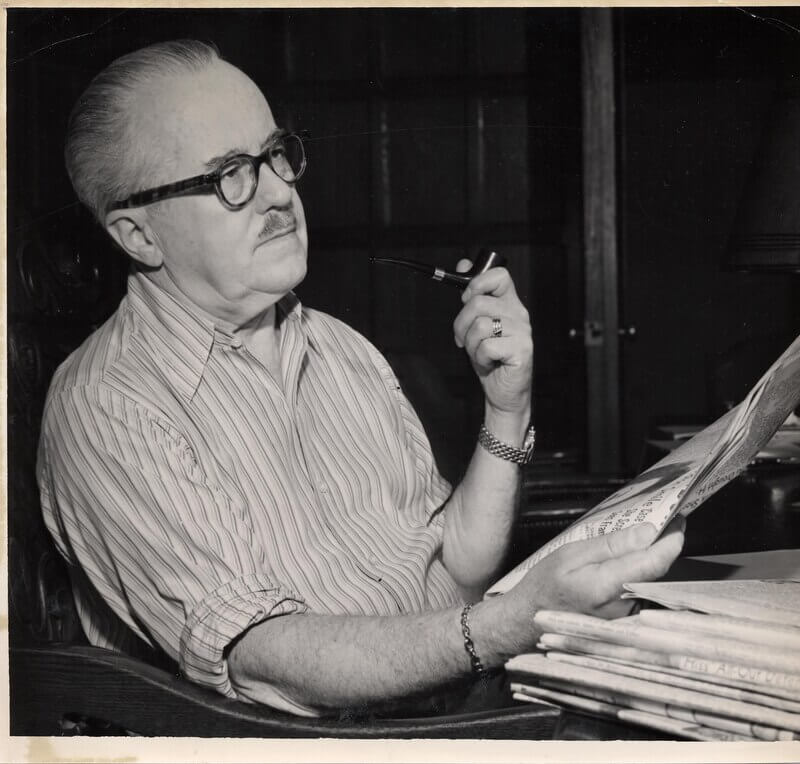

The Center for Investigative Reporting, Motto Pictures and Netflix , 2024
Author(s): Nancy Schwartzman, Rachel de Leon, Julie Goldman, Christopher Clements, Alice Henty, Amanda Pike, Inbal Lessner, Kim Roberts, Tracy Elizabeth Jarrett, J. Daniel Torres and Sabrina Schmidt Gordon
“Victim/Suspect,” a documentary by The Center for Investigative Reporting, Motto Pictures and Netflix, is the culmination of a four-year investigation into criminal charges against alleged rape survivors across the country by the justice system they turned to for help. Director Nancy Schwartzman and reporter Rachel de Leon illustrate how many of these victims were manipulated into recanting or even withdrawing their sexual assault accusations and subsequently charged with the crime of with false reporting. The victims get some measure of justice with the indictment of the controversial interrogation tactics used to manipulate them.
The reporting team spent years in legal battles, which finally culminated in access to videos of police interviews with reporting victims. These videos show how police use controversial tactics, including lying about evidence, to persuade victims to recant or withdraw their statements. These tactics were not confined to any one police department or region. De Leon interviewed Emma Mannion, who was charged with false reporting after a sexual assault in Tuscaloosa, Alabama. De Leon found similar instances in police departments in Alabama, Virginia and Connecticut. The documentary was reported in the form of a real-time investigation, a style that urges and compels the viewer to emotionally invest in the people and outcomes.
The documentary is a Netflix original which premiered at the Sundance Film Festival. The documentary’s goal was not to determine whether or not sexual assaults occurred but to gather information on the tactics police used in investigations that led to false reporting charges against the alleged victims themselves.
Because of this approach, de Leon and her reporting team maintained a journalistic objectivity that elevates the material from what is often podcast fodder to a more nuanced understanding of the many ways the criminal justice system fails sexual assault victims.
Article by: Leyla Shokoohe

In 1921, Roy W. Howard became chairman of the board and business director of Scripps. One of the most influential newsmen of his day, Roy served as president of the company until he retired in 1952, when he was named chairman of the company’s executive committee.